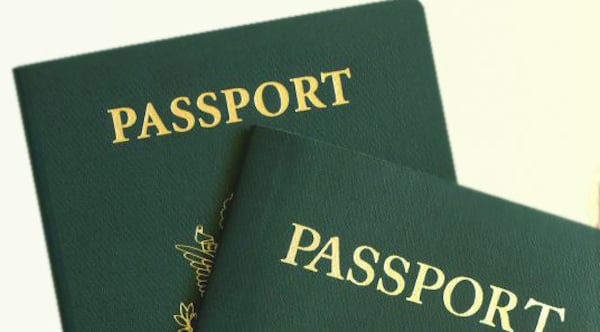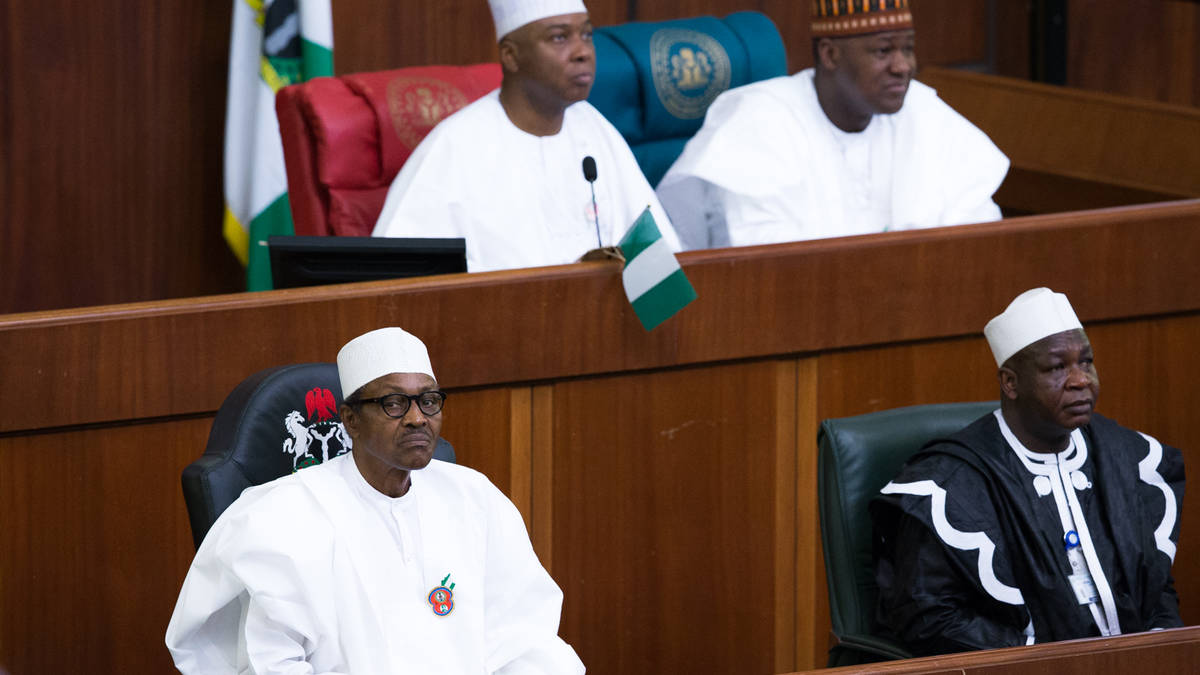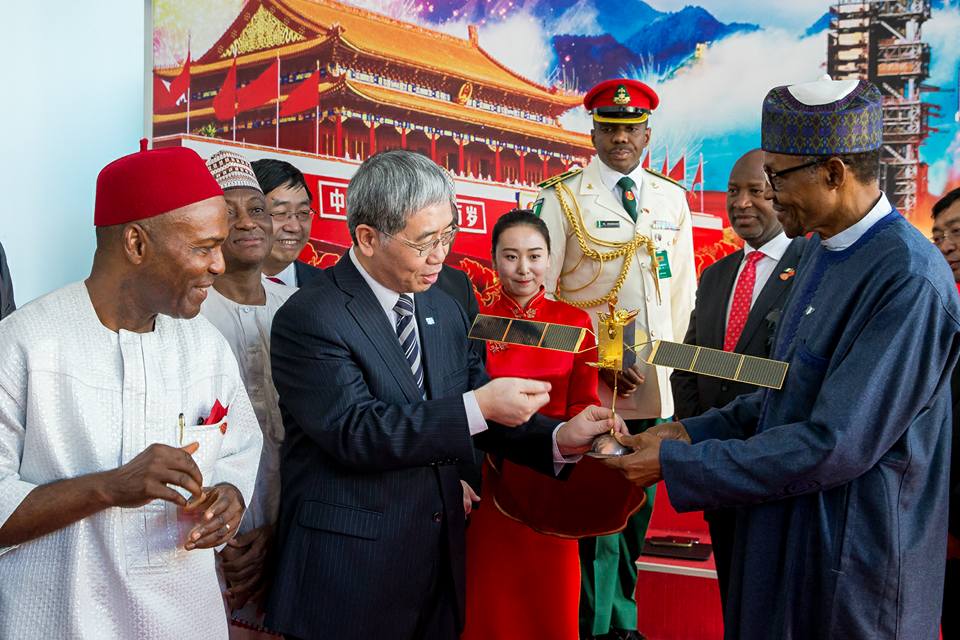Lagos-Ibadan expressway
BY OLUYEMI OLAGOKUN
That the Lagos-Ibadan Expressway has been so mired in controversy of high magnitude, attracting so many interests, is because of its significance to the socio-economic life of the entire country. Incidentally, it is the only major artery to Lagos, handling more than 90 per cent of the entire human and vehicular traffic to the commercial capital of Nigeria.
It is the only road accommodating the large number of articulated vehicles, among thousands of other vehicles, lifting fuel and other goods out of the port city of Lagos, even as almost all attempts made to revive the railway system of the colonial era have been frustrated. This explains the interests always generated when the 115-kilometre Lagos-Ibadan Expressway is being debated.
In fact, the ante was upped in recent months because of the excruciating suffering of commuters and the sudden emergence of a company, Motorway Assets Limited (MAL), which claimed to be the new concessionaire of the road, seeking N150billion to complete it – even when we were told by the past administration of President Goodluck Jonathan that it had awarded the contract for its reconstruction to Julius Berger and Reynolds Construction Company (RCC) at the cost of N167billion.
Meanwhile, the Ogun State Government also claimed that it carried out palliative measures to fix portions of the same road that had been purportedly concessioned to MAL. It is now abundantly clear that the shenanigans concerning the road were caused by the Jonathan administration, for political gains and selfish interest. It is also clear that the process of re-concessioning the road to Motorway after the termination of the concession to Bi-Courtney Highways Services Limited (BHSL), was far from transparent, as Nigerians were not aware of any calls for competitive bidding from competent companies for the road. It is obvious that it was an under-the-table deal, because Nigerians were also not aware when the purported contract to Julius Berger and RCC suddenly turned to a concession to Motorway, whose antecedents in PPP were also not known. Moreover, not a few are confused over the role played by the Infrastructure Concession Regulatory Commission (ICRC), in the confusion. The ICRC, as we know, is saddled with the responsibility of regulating PPP.
Therefore, for the road to become a world-class one on which travellers can have safe and smooth rides, there is the need for Federal Government to revisit the concession earlier granted Bi-Courtney. Simply put, Federal Government can escape the legal and moral cobweb in which it has entrapped itself, by allowing Bi-Courtney to complete the reconstruction on account of the company’s antecedents.
No one can deny that Bi-Courtney, having spent three years maintaining the road with over $300million down the drain while its concession lasted, having acquired billions of naira worth of equipment in preparation for the work to begin, and having the technical manpower and the financial muscle to execute the project, has the wherewithal to execute the concession excellently. Bi-Courtney’s performance at the Murtala Muhammed Airport Terminal II (MMA2) attests to its capability to handle projects of such magnitude anywhere in the world.
Recall that former President Olusegun Obasanjo had attempted to expand and improve the Lagos-Ibadan Road by concessioning it to BHSL under a Design, Build, Operate and Transfer (DBOT) arrangement under the Public-Private Partnership (PPP) mantra of his administration. However, the brilliant idea did not yield the desired result before Obasanjo left in 2007. The succeeding administration could also not do much, despite its good disposition to the project, before the unfortunate demise of President Yar’Adua. It is noteworthy to recollect that officials in the Ministry of Works played an ignoble role by sabotaging Obasanjo’s concession idea with snail speed bureaucracy, vested interests, unbridled politicking and ignorance about how PPP works, all of which led to the final surreptitious termination of the concession by the Jonathan administration.
While Nigerians waited with bated breath for the commencement of reconstruction of the expressway by Bi-Courtney, which waited for about two years for the approval of its design by the Federal Ministry of Works, we witnessed routine maintenance of several portions by the company, as a way of minimizing the incessant crashes and traffic gridlocks on the road, which the current concessionaire has refused to do because they lack the financial muscle and the technical capability to handle a project of this magnitude.
Although when Jonathan announced the termination of the concession in November 2012, it was celebration galore by a section of the populace simply because they did not understand what concession is all about, events in the last few months and the attendant confusion have shown that it is not yet Uhuru for the Lagos-Ibadan Road.
All over the world, concession is a major way of financing big projects, as various countries have embraced the PPP idea. But, such concessions are done transparently in other climes, while they are done deceitfully in Nigeria. From the Americas to Europe, Asia and other continents of the world, the idea of PPP has come to stay and Nigeria cannot be an exception in a global village. However, our country must do it right and with sincerity of purpose. Many companies are already involved in concessions, encouraged by their governments to provide jobs for their people and take the pressure of infrastructure provision off the government, but their concessions go to companies with the technical competence and financial muscle to execute such projects.
In fact, Ferrovial Subsidiary Cintra, as one of the world’s leading private sector developers of transportation infrastructure in terms of the number of projects and the volume of investment, manages 28 concessions extending more than 2,232 kilometres of roads in Canada, the United States (US), Spain, the United Kingdom (UK), Portugal, Ireland, Greece, Colombia and Australia. The firm is one of the soundest multinationals in the sector, with investments totalling over 21.5 billion euro.
Also, South Africa has an important experience in PPP, involving about 300 projects on the national and provincial levels since 1994. Indeed, the South African National Treasury, the body that deals with PPP projects, developed a PPP Manual. The manual defines “a PPP to be a contract between a public sector institution and a private party, in which the private party assumes substantial financial, technical and operational risks in the design, financing, building and operation of a project.” The guidelines discuss various procurement possibilities varying between public procurement and full privatisation. The South African National Roads Agency began tolling part of the major national roads in the mid-1990s and developed concessionary structures to overcome budgetary constraints.
This is the beauty of PPP because it allows government to channel its resources to other means for the benefit of the citizens, and Nigeria with its current financial straits cannot be an exception.
Advertisement
Views expressed by contributors are strictly personal and not of TheCable.
Add a comment






